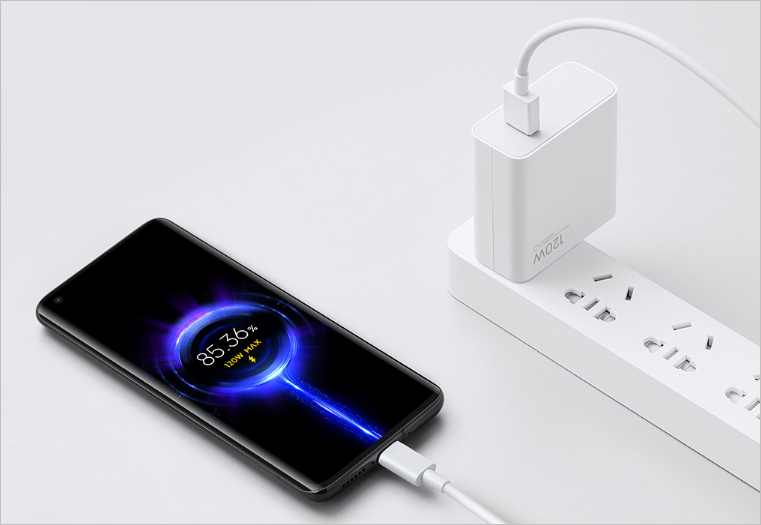The Chinese smartphone maker is gearing up to reveal its latest in smartphone tech at a global launch on 15 September. We don’t know much about the actual Mi 11T devices and their corresponding specs, but we do know that at least one of ‘em will sport 120W wired charging capability — which will be a first in a commercial smartphone.
Live fast, die young, eh Xiaomi?
Since the news broke, many have raised concerns over the effect 120W charging will have on a sometimes oh-so-fragile smartphone battery. In an interview with The Verge, Xiaomi’s head of communications, Daniel Desjarlais says that users will still have around 80% capacity on their batteries after 800 charging cycles.
“Generally, for this level of charging with the batteries that we’ve tested it with, after 800 charging cycles you’ll still have 80 percent battery health. Now, that 20 percent might sound like ‘oh wow, I’m losing 20 percent,’ but that’s quite standard across basically all charging tech. 800 cycles, for most people, it’s going to be two years roughly. So that’s quite solid,” Desjarlais details.
Which is… fair? Apparently, 800 charging cycles is rated for around 2 years, maybe more if you’re not a heavy user. In the same breath, Apple rates its phone batteries at 80% capacity after 500 charging cycles which is the equivalent of just over a year.
Of course, anything that charges at a slower pace will have a longer battery lifespan. “Oppo has previously claimed that its 65W wired charging solution only loses 9% capacity after 800 charging cycles (i.e. it drops to 91%),” Android Authority reports.
In 2017, Samsung said its batteries will only lose 5% battery capacity after 2 years of use — but that’s at around 15W speed around 4 years ago. Times have changed, and people will soon be able to charge up their phone batteries in under an hour. Easy, right Xiaomi?




